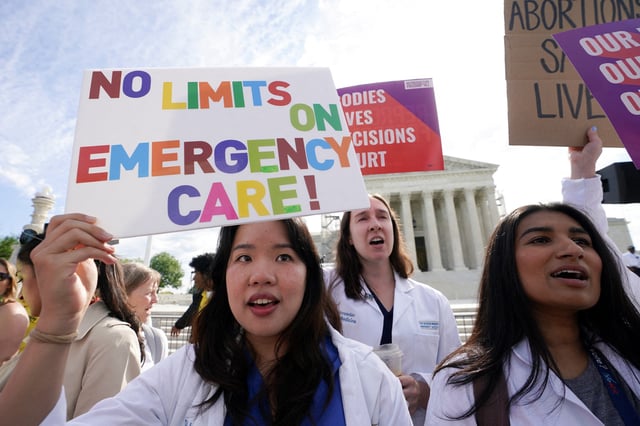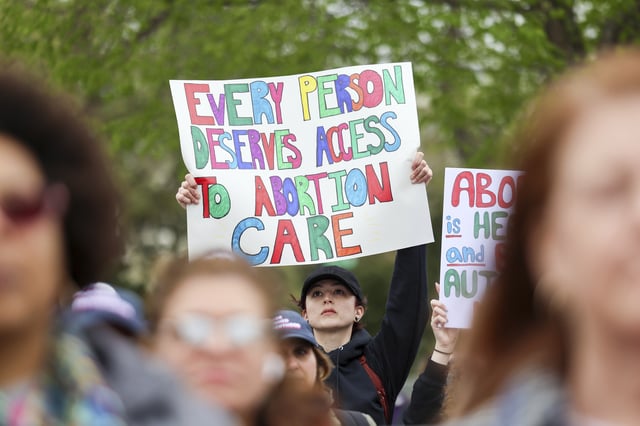Overview
- The 2022 guidance had directed hospitals to perform abortions when needed to stabilize pregnant patients under the Emergency Medical Treatment and Labor Act, interpreting federal law as overriding state bans.
- CMS confirmed it will continue enforcing EMTALA’s requirement for stabilizing treatment in life-threatening or organ-threatening pregnancy complications despite withdrawing the directive.
- Reproductive rights advocates warn that the rollback risks creating confusion in hospitals and could delay or deny critical care for pregnant patients in restrictive states.
- Anti-abortion groups praised the decision as a corrective to what they viewed as a bid to expand abortion access through emergency-care regulations.
- The underlying legal dispute over Idaho’s near-total abortion ban remains unsettled after the Supreme Court declined to resolve whether EMTALA preempts state prohibitions in medical emergencies.



